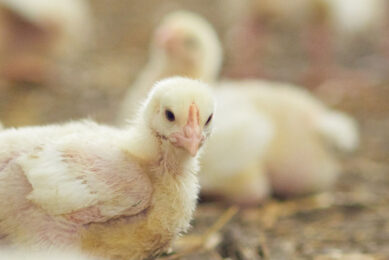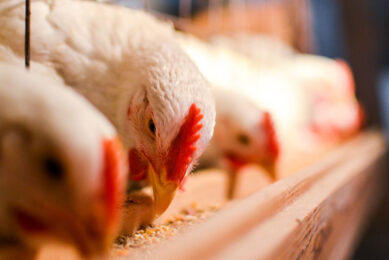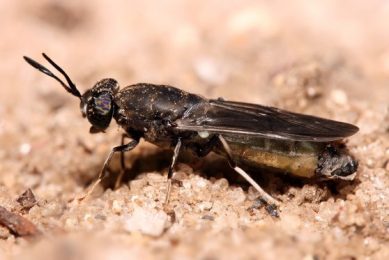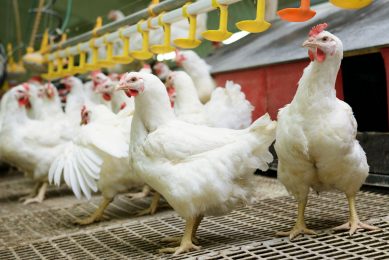EU backs report in favour of feeding pig protein to poultry
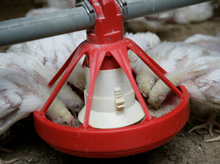
Members of the European Parliament have backed plans to allow processed animal protein back into EU animal feed. MEPs voted in favour of the Roth-Behrendt report, which recommends allowing pigs to be fed poultry protein and poultry to be fed pig protein.
The Commission’s TSE Roadmap 2 proposes a possible gradual lifting of the prohibition on the feeding of processed animal proteins (PAP) to non-ruminants. Given the EU’s “protein deficit”, MEPs back this idea, subject to strict conditions and safeguards. These include stipulating that the PAP must come from species not linked to TSE, and may be fed only to non-herbivores.
Prohibitions on cannibalism must remain and only processed animal proteins fit for human consumption should be used, MEPs add.
Further relaxations
The report recommends a number of relaxations to BSE rules to reflect the declining risk posed by the disease, although it stresses that any changes must maintain high animal and public health standards.
The report recommends a number of relaxations to BSE rules to reflect the declining risk posed by the disease, although it stresses that any changes must maintain high animal and public health standards.
Apart from the relaxation of the animal protein feed ban item, changes to current EU laws, which the Commission is about to review, could also include new rules on removing specific risk materials from animal feed, changes to cohort culling policy and a higher age limit for BSE testing, says the non-legislative resolution, drafted by Dagmar Roth Behrendt.
MEPs reject a Commission proposal to reduce EU funding on research into transmissible spongiform encephalopathies (TSEs), including BSE.
TSEs cause degeneration of brain tissue leading to death in man and animals. They include Creutzfeldt-Jakob disease and Kuru in humans, bovine spongiform encephalopathy in cattle and scrapie in sheep and goats.




